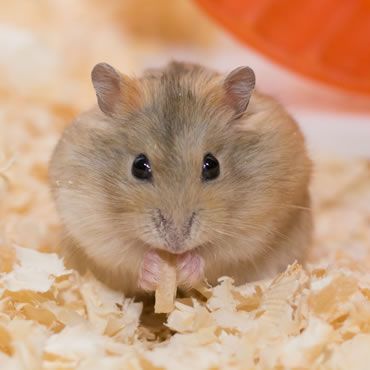Save the Frogs Day is on 24 April - help frogs and toads!
Posted on
The 24th April is Save the Frogs Day.
It’s a chance to raise awareness of the plight of frogs around the world and also to show ways in which you can help frogs and toads!
The charity Froglife.org.uk has lots of ways you can help frogs and toads, as does the Amphibian and Reptile Conservation Trust, so here are some of these ways:
A Toad Patrol is a group of volunteers who monitor a stretch of road that toads have to cross to reach their breeding pond in the spring.
Join the Wildlife Tunnel Campaign
Wildlife Tunnels are tunnels built under our roads so that amphibians and reptiles can cross the roads safely. They are invaluable in linking up important wildlife habitats and lessening the negative impacts our demands for infrastructure are having on British wildlife. Join Froglife's campaign for Wildlife Tunnels.
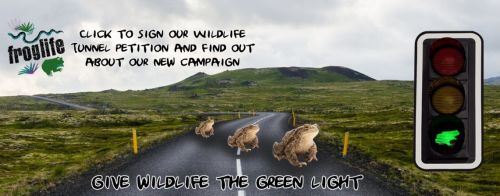
Please sign Froglife's petition for Wildlife Tunnels
Build a wildlife pond!
It doesn’t need to be enormous or complicated – take a look at this PDF from Froglife! Ponds are really important to wildlife – and it’s estimated that over a third of ponds have vanished in the last 30 years or so which has had a terrible effect on wildlife and especially amphibians. Frogs, toads and needs need ponds to breed – so if there are no ponds, there will be no frogs, toads and newts. And there’s nothing like enjoying the sight of your pond, however big or small it is.
Here are some more wildlife gardening ideas to help frogs and toads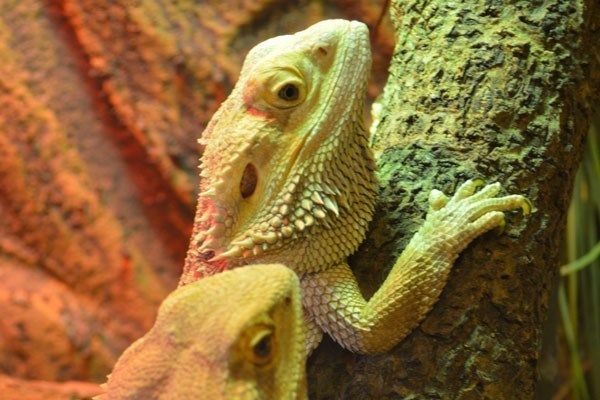
Buy an animal experience from BuyaGift.co.uk
and get 15% off** with the code 15AHW2021.
Plus we'll make a donation to Froglife!
From £18 a year, become a friend of Froglife and help them conserve frogs and toads!
Go wildlife spotting and record your sightings!
When you’re out and about, spot wildlife and let Froglife know what you’ve seen! Froglife has the Dragon Finder App – a free app for Android and iPhone, with a mobile website version for other devices. You can identify amphibians and reptiles in the field and record what you see by letting Froglife know about your sightings whilst you’re out and about. They’ve got an online free guide to the sorts of animals you might see here.
Take part in Garden Dragon Watch 2021
The information collected will help the Amphibian and Reptile Conservation Trust find out more about the reptiles and amphibians we all find in our gardens, and the habitats that they like. In turn, this will help ARC with its conservation work.
Volunteer for ARC!
Volunteer for the Amphibian and Reptile Conservation Trust - they have many reserves around the UK and it’s a great way to get out and about and to meet like-minded people whilst helping conservation at the same time! Help on their nature reserves or on specific projects.
Buy an animal experience from BuyaGift.co.uk
and get 15% off** with the code 15AHW2021.
Plus we'll make a donation to Froglife!
Sponsor one of ARC’s appeals
There are a number, such as sponsoring an adder or a smooth snake or a natterjack toad or a pool frog and more!
Visit the Amphibian and Reptile Conservation Trust
** This code is valid until 31 December 2021 and does not include non-discounted products

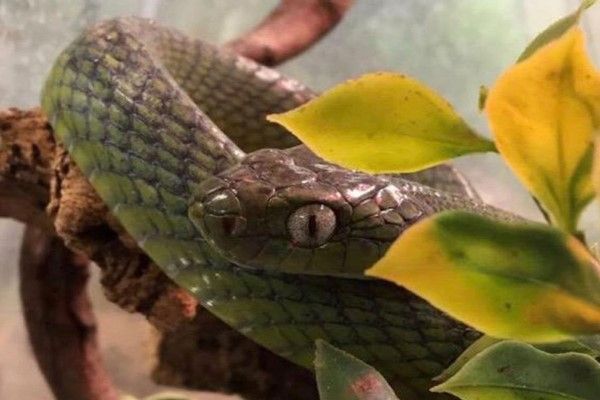
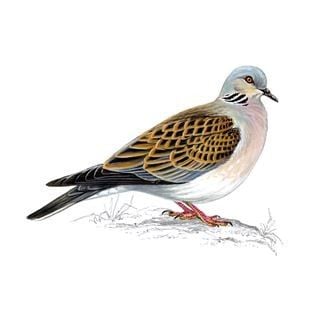
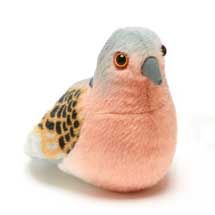

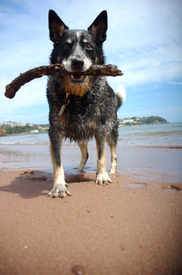
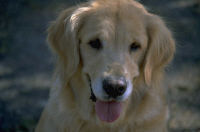
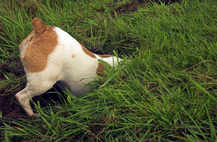

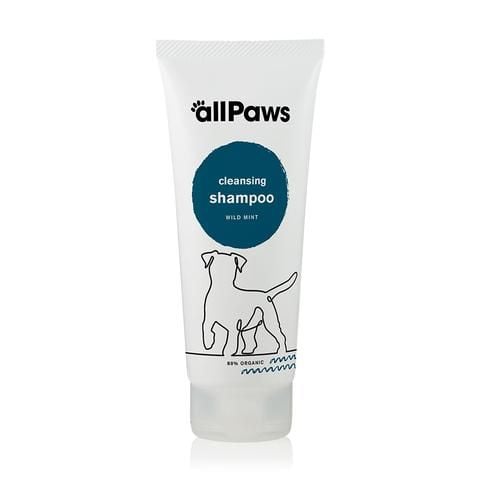
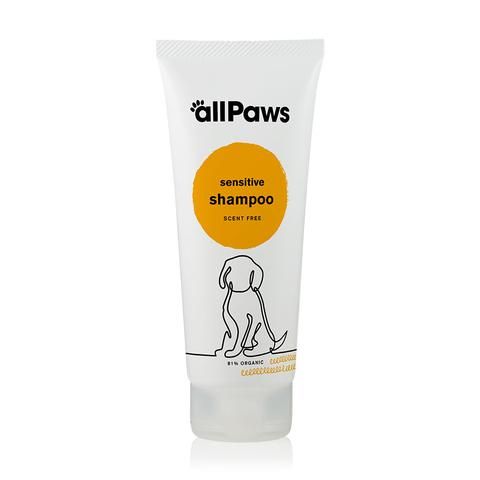
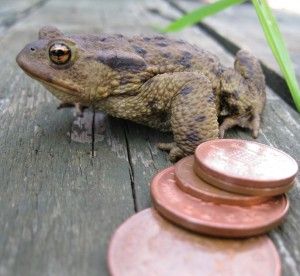
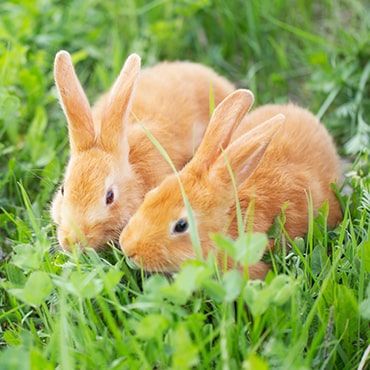
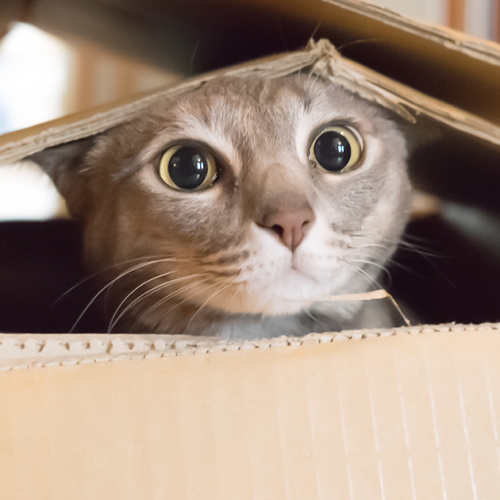 ©PDSA
©PDSA